Water sources for agricultural production and daily life
According to experts, rivers, canals and ditches play an important role in production and life. In urban areas, rivers, canals and ditches are like air conditioners that cool the air, prevent local flooding, help develop trees and grass, and protect the natural ecosystem. In rural areas, rivers, canals and ditches provide irrigation water for production and daily life... However, due to the long-standing living habits of riverine communities, rivers, canals and ditches in An Giang (and many other localities) in addition to their functions of water transport, goods circulation, and water supply for production and life, are also sources of wastewater from all daily activities. In particular, many households still litter and discharge waste directly into rivers, canals and ditches.
Rivers, canals and ditches are polluted by wastewater from agricultural and aquatic product production and processing activities of enterprises in industrial parks and clusters... In addition, the encroachment of rivers and ditches to build houses and illegal construction works also contributes to increasing pollution. If in the past there were many wide and deep rivers, canals and ditches... with clear water, now many sections of canals and ditches have been filled, dried up or are still full of all kinds of waste along with black water and a foul smell that has become a nightmare for people living nearby at any time of the year. Mr. Nguyen Van Vui (Thoai Son commune) said: "In the past, the water in the canals and ditches was very clean, you could drink it directly and there were so many fish that you couldn't eat it all. Now, the water is getting dirtier, there is more trash, and there are not many fish left. When the tide is low, adults do not let children go swimming because the water is dirty. Only when the tide is high and the water flows cleaner can we bathe and wash clothes."
In addition, the indiscriminate dumping of household, production, service waste and especially many people still use agricultural waste, such as: bottles, used pesticide packages... and throw them away on the spot. After the flood, agricultural waste follows the water flow to the ditches, irrigation canals, rivers, canals, and streams and spreads more widely along the flow. This is extremely dangerous, seriously threatening the quality of the water source we use every day. Mr. Tran Van Hung (Binh My commune) shared: “My family does farming, although we use pesticides, after using them we collect the pesticide bottles and packaging to destroy. However, some people spray rice and then throw the pesticide bottles on the dike or canal bank. This will pollute the water source, then use that water to grow rice, water fruit trees, and vegetables, how can it be good, not to mention this water is also drinking water and daily life. The awareness is really poor, and I reminded them but they didn't listen."
In addition, some households have arbitrarily expanded and built encroachments on canal corridors, causing narrowing and blockage of water flow. Commercial establishments, markets, industrial zones/clusters - small-scale industry, and livestock farming have not paid attention to investing in wastewater collection and treatment systems. In addition, canals and ditches are polluted because they have to receive a large amount of untreated wastewater from directly connected urban wastewater drainage systems... This is also the cause of pollution of rivers, canals, and ditches, affecting people's health and living environment.
Environmental protection is the responsibility of the whole society. Therefore, in addition to pollution solutions from local authorities and functional agencies, it requires the joint efforts of each citizen and community. Each person needs to raise awareness of environmental protection and maintain public hygiene through practical and simple actions, such as: not littering, disposing of garbage in designated places, etc. Mr. Le Van Toan (Can Dang commune) shared: "Currently, people are more aware of maintaining environmental hygiene, however, some people still throw garbage directly into canals and ditches, polluting water sources".
Similarly, Ms. Nguyen Thi Kim Cuc (Binh Duc ward) shared: “Not polluting rivers, canals and ditches means protecting the water source for daily life of my own family. Therefore, although I live near the river, I always collect household waste for the garbage truck to pick up every day”. Ms. Le Thi Hanh (Long Xuyen ward) shared: “I buy and sell fish at this market, but I am always aware of protecting the environment. I collect my daily waste in one place to put it in the trash bin according to regulations. Before, people threw trash straight into the river, the floating trash was disgusting to see. Since the market was renovated, almost everyone who sells at the market throws trash in the right place to protect the environment. I spend more time selling here than at home, so I have to protect the environment where I sell, which is also protecting the community as a whole”.
Protecting the environment in general, and water resources in particular, is one of the most important tasks to protect and improve the quality of life of each citizen and the community. To do this, each citizen needs to raise awareness of protecting the environment, landscape, and maintaining public hygiene through practical daily actions, even the smallest ones.
TRUST
Source: https://baoangiang.com.vn/chung-tay-bao-ve-nguon-nuoc-a424081.html


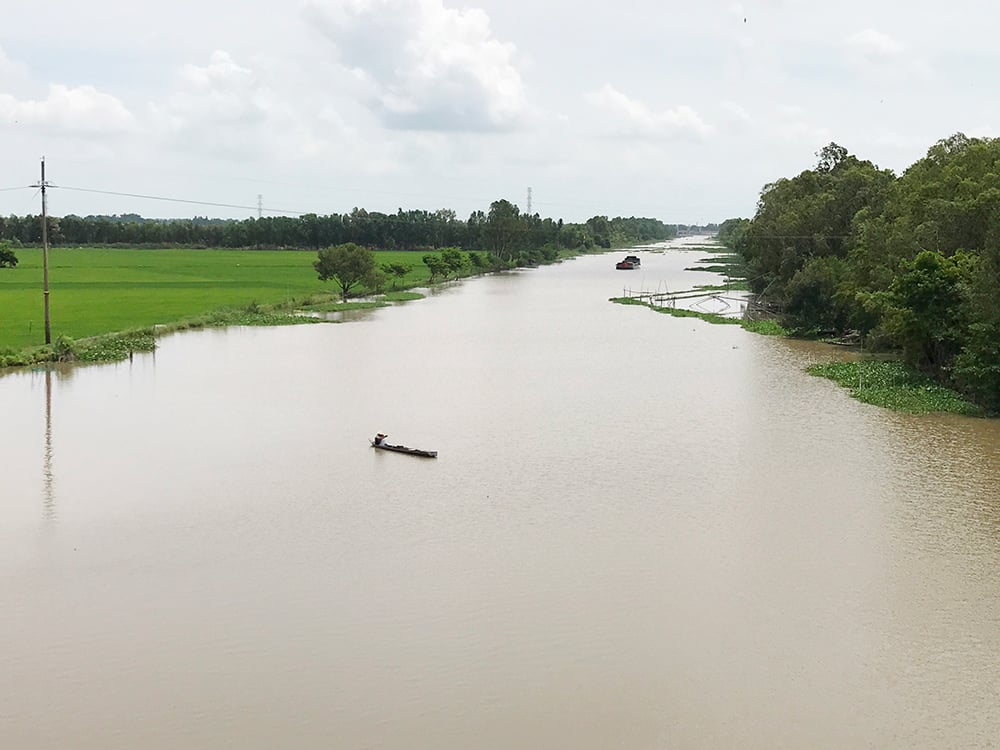
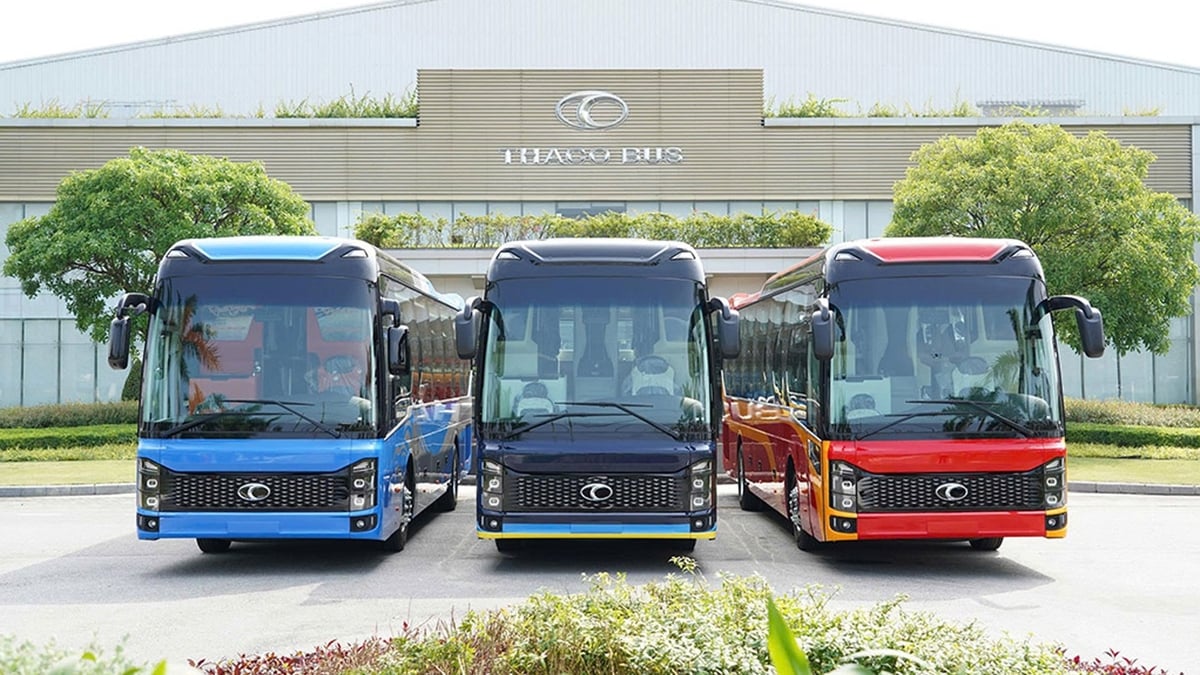
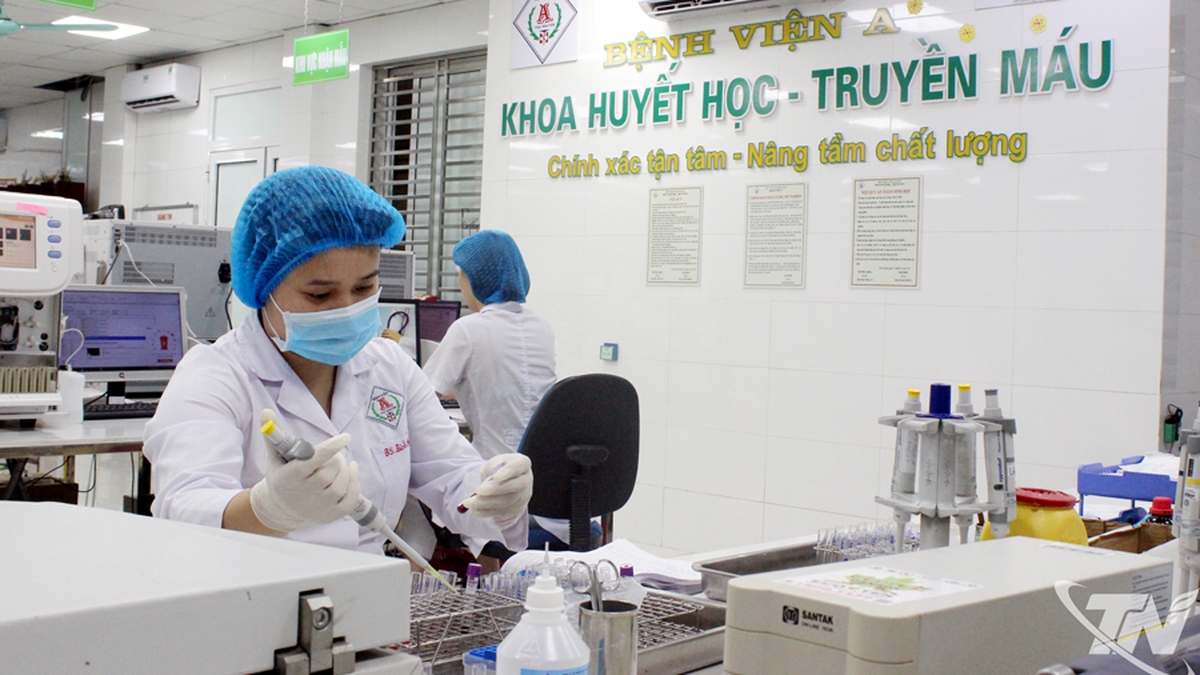
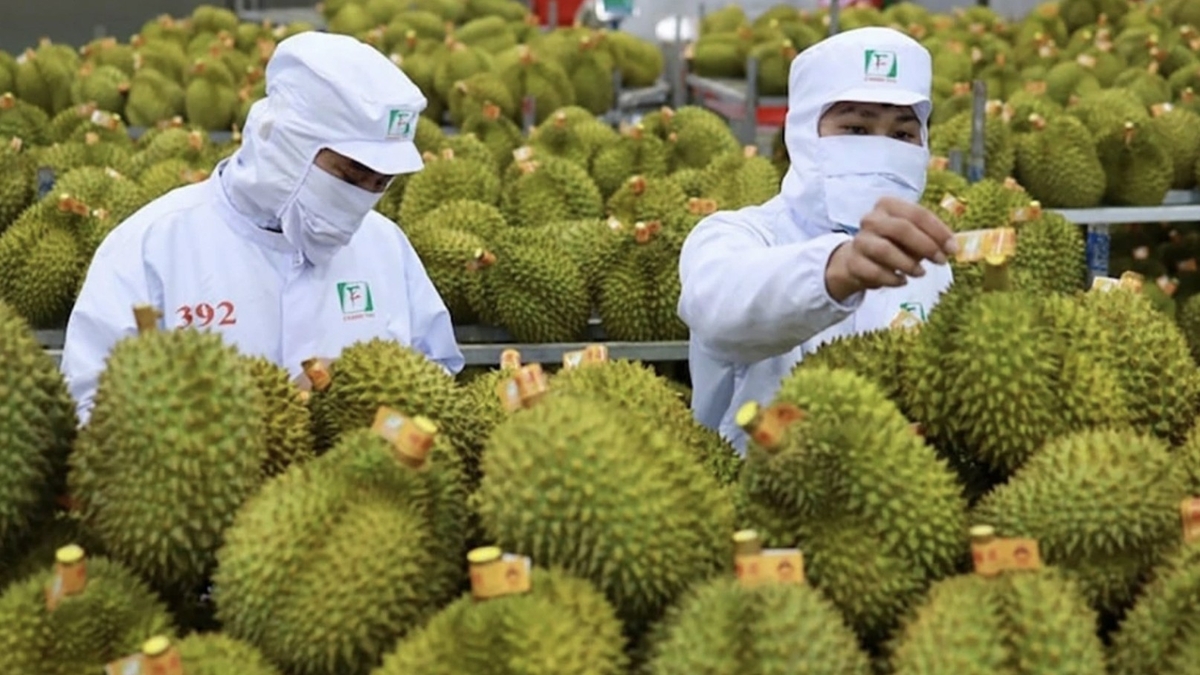
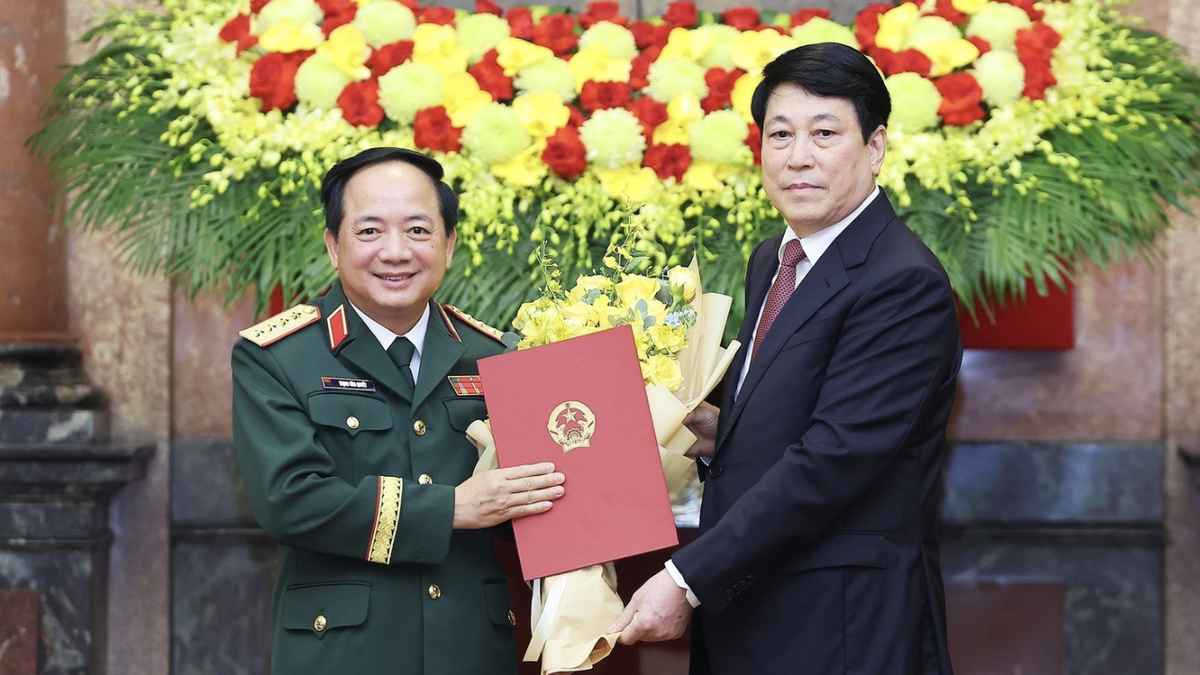
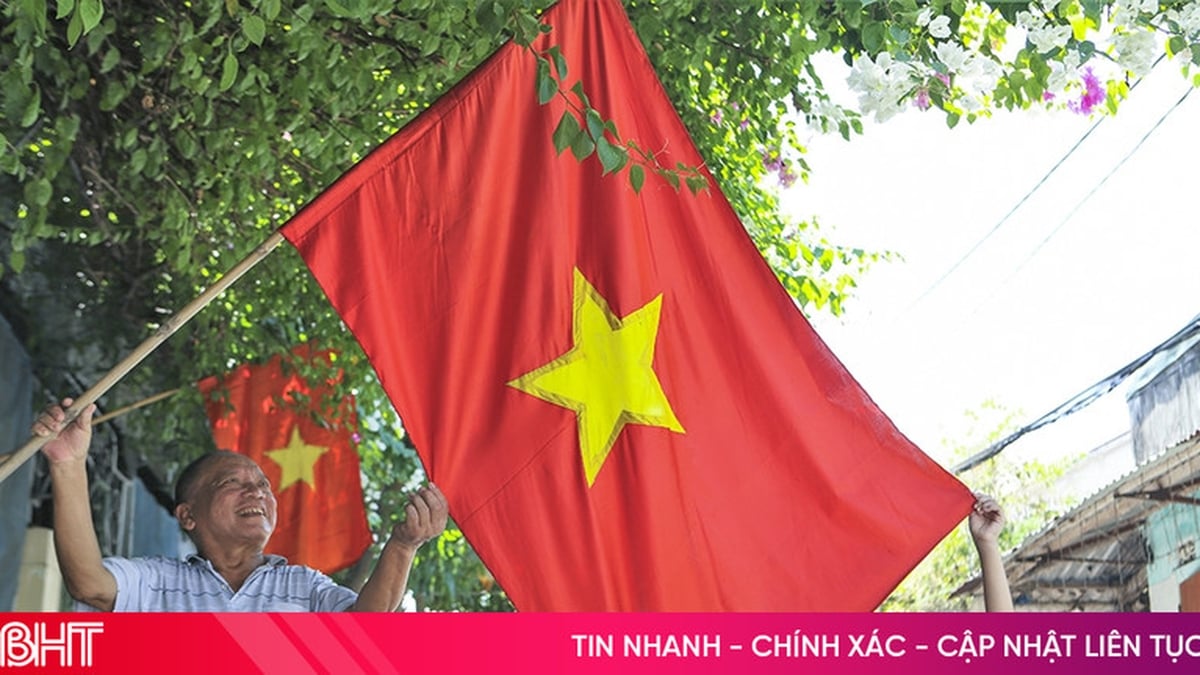
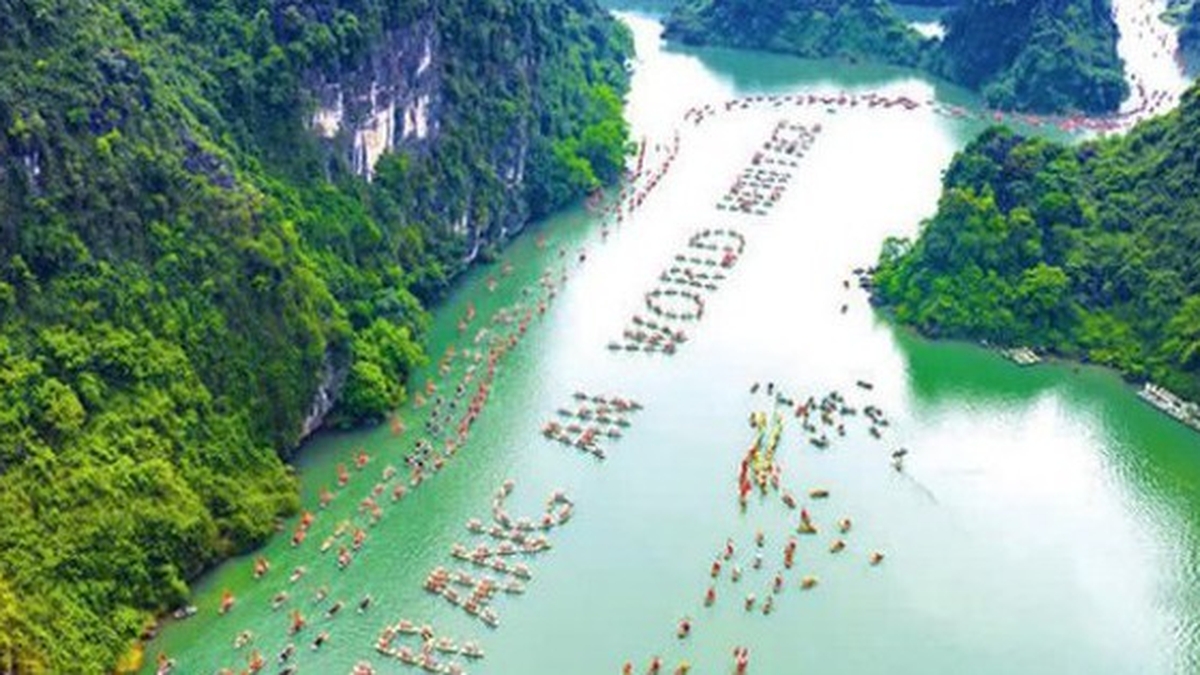
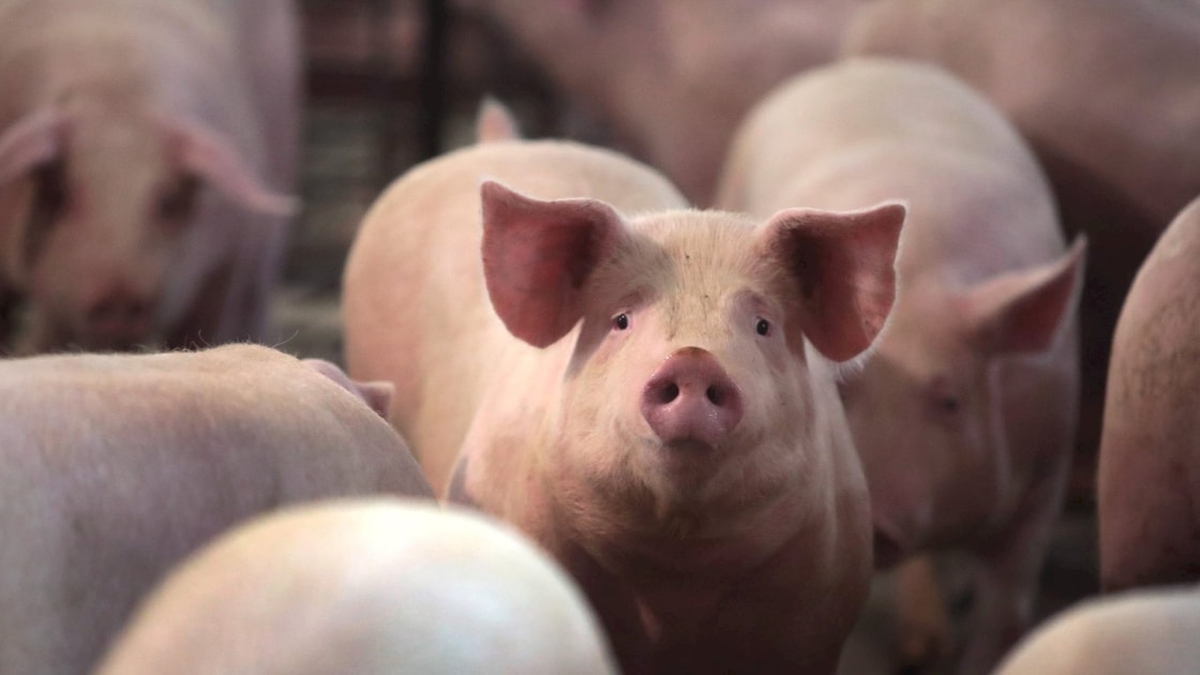
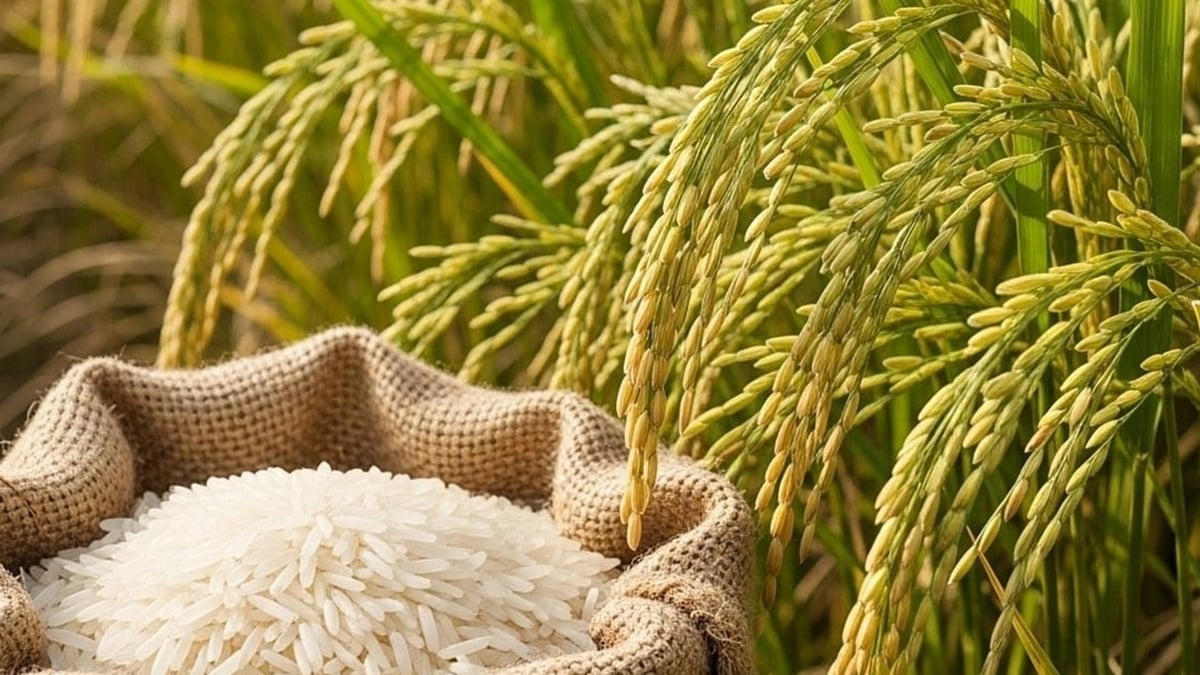
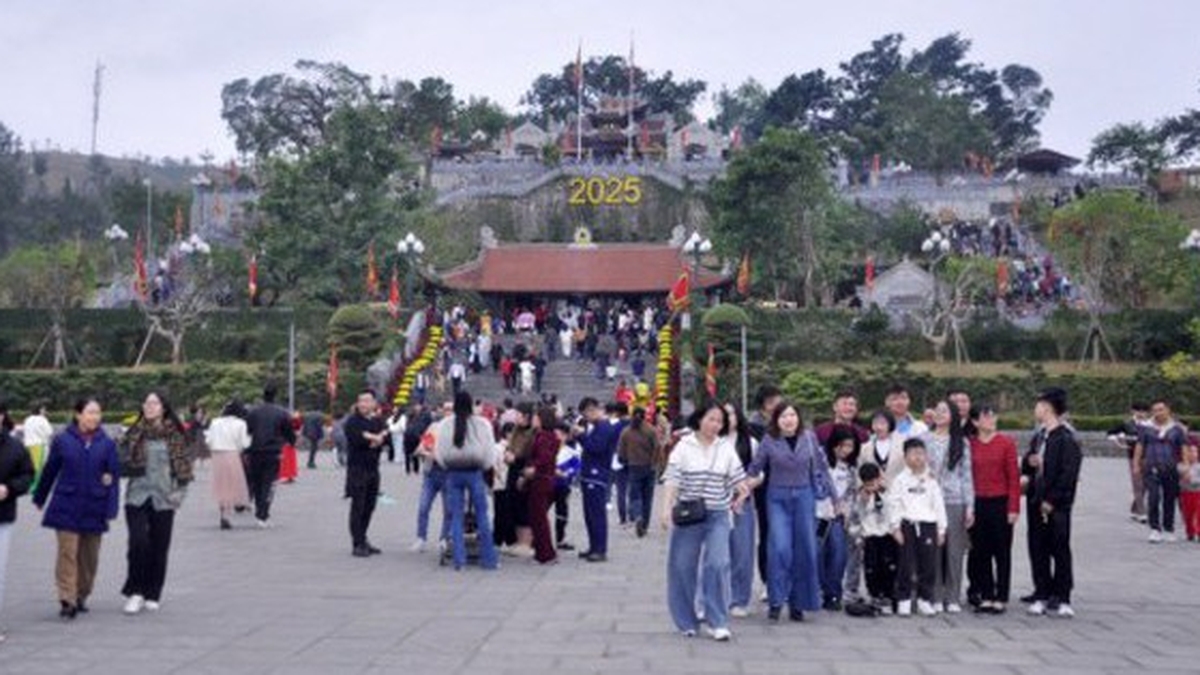











































![[Maritime News] Treasury Department Targets Diverse Networks Facilitating Iran's Oil Trade](https://vphoto.vietnam.vn/thumb/402x226/vietnam/resource/IMAGE/2025/7/14/43150a0498234eeb8b127905d27f00b6)







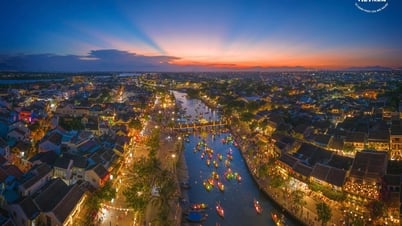



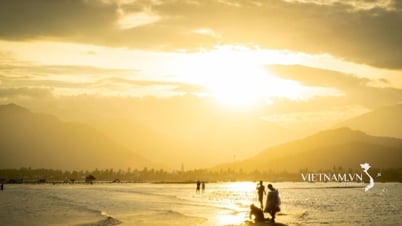


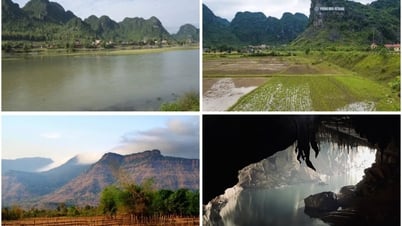


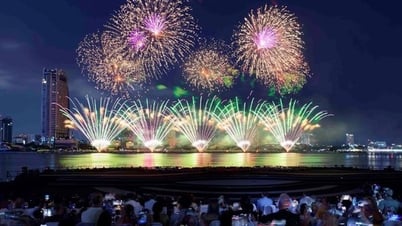
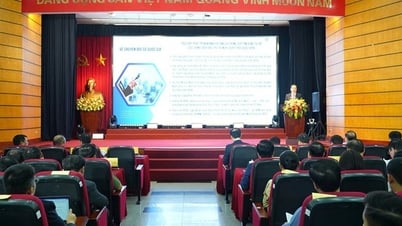


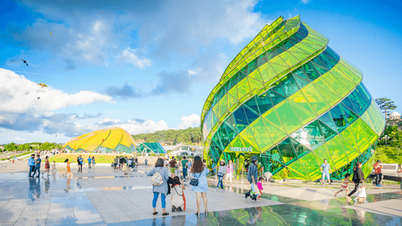
























Comment (0)